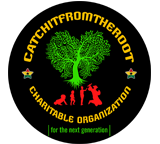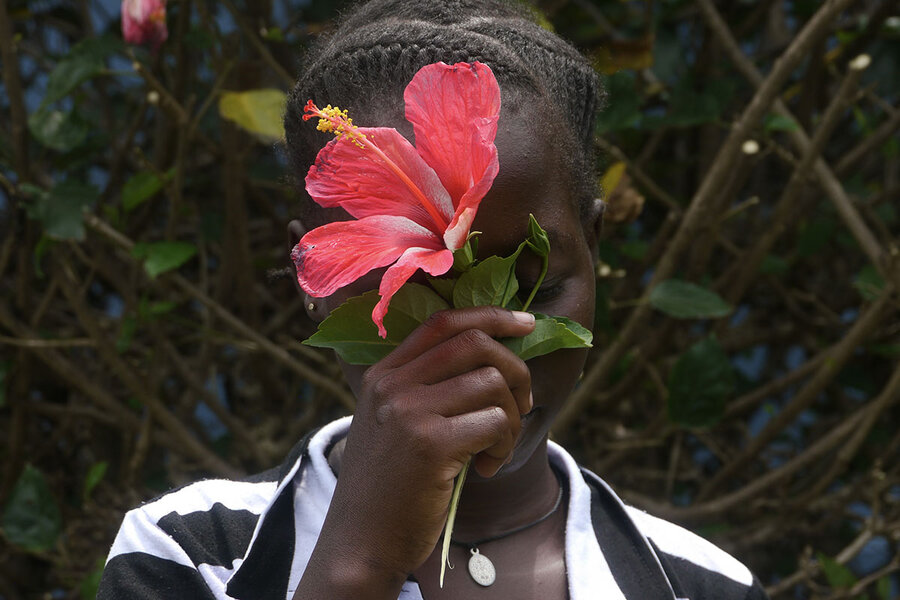In the sticky evening, two boys in torn clothes dart between shop verandas and wrestle in the dust, trading jokes that quickly turn to insults. Onlookers grunt disapprovingly, angry at the noise. More groups of rowdy children will soon stream into the back alleyways of this small city in northern Uganda, eking out a life in its underbelly.
By day, the children pick through discarded plastic bottles trying to gather enough of them to sell. At night, they hang out in the shadows of dance clubs or sleep under pieces of cardboard between shop shelves that normally hold fruit.
Steven Onek strolls over to the squabbling boys. Speaking in a calm and quiet voice, he breaks up their argument. A few minutes later, around another street corner, he comforts a teenager sporting a deep cut on his head, providing the boy with some money to see a doctor.
WHY WE WROTE THIS
A story focused on
Facing social problems besetting their city in Uganda, a group of friends stopped simply sharing their concerns on social media and decided to do something to solve them. That has saved lives.
Such situations are commonplace for Mr. Onek, who is a program officer at Hashtag Gulu, a small organization supporting the city’s homeless children. For him, it is not so much a job as a calling. “Helping a child, one child out of the street, I feel like I have helped the whole nation,” he says, smiling.
The name Hashtag Gulu points to its history. Friends sharing on social media the problems they saw in their city decided to do more than that. At first, their efforts were all volunteer-based. The friends bought food for homeless children and comforted them when they could.
“If you were in our network, you were free to do anything, for any young person or child. You didn’t have to report to anyone,” co-founder and director Michael Ojok said of Hashtag Gulu’s early days.


